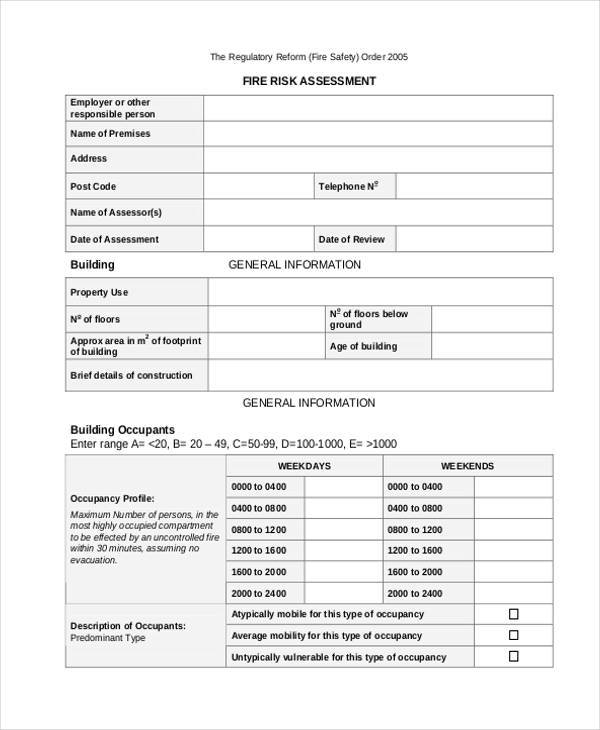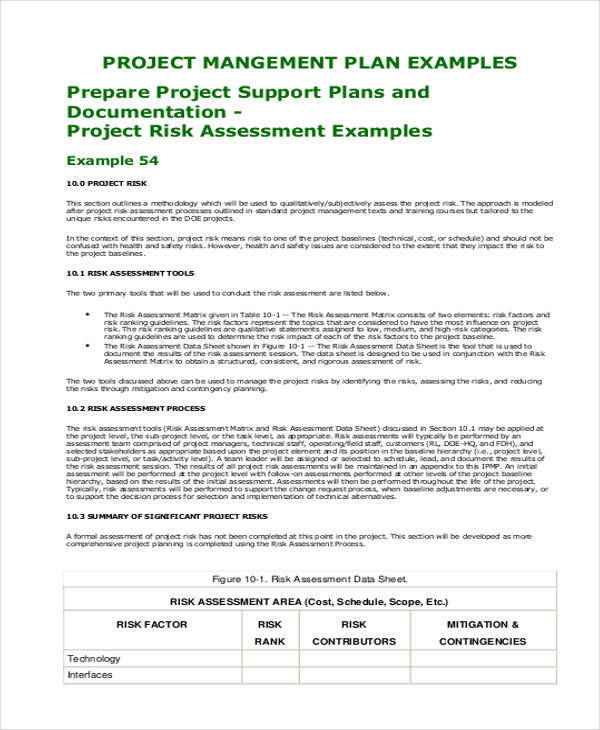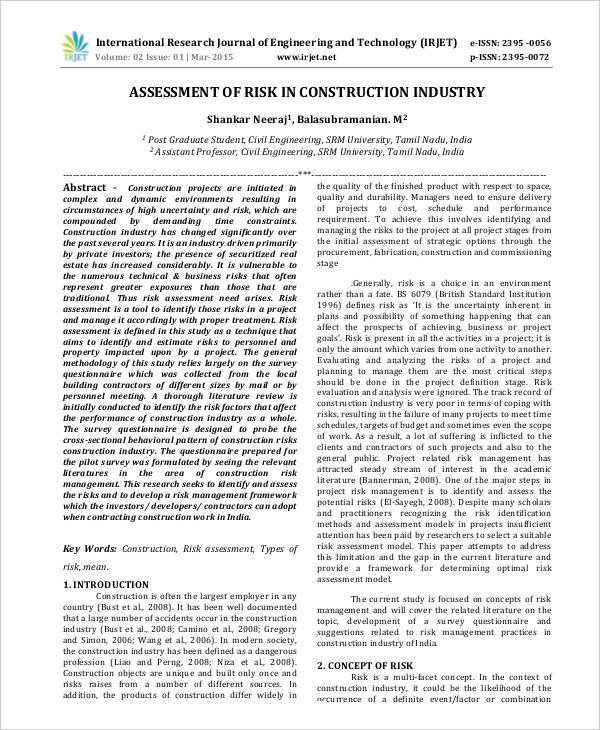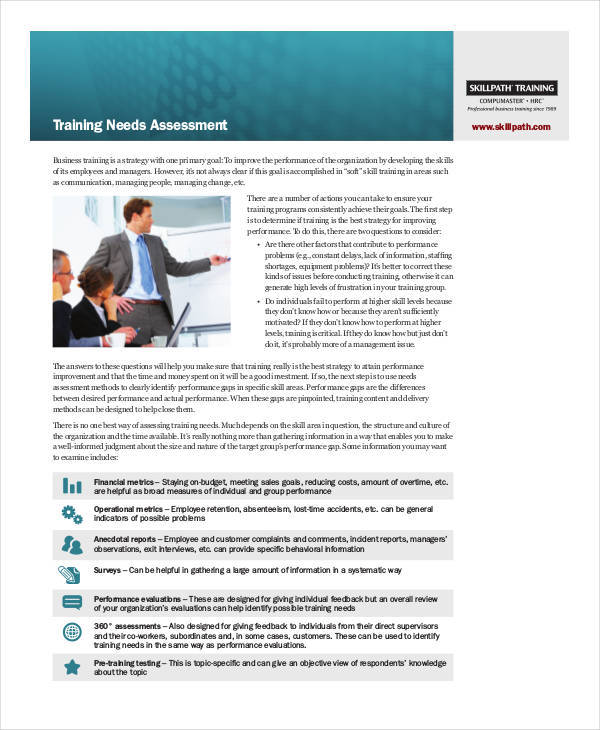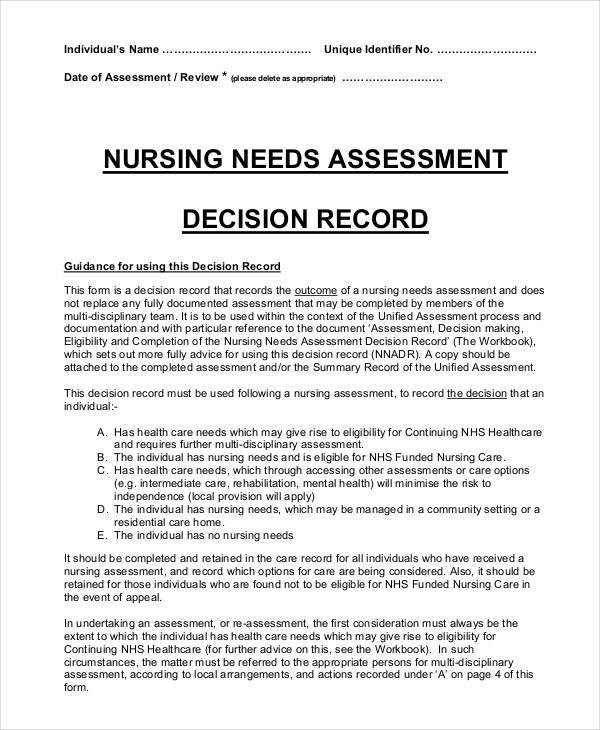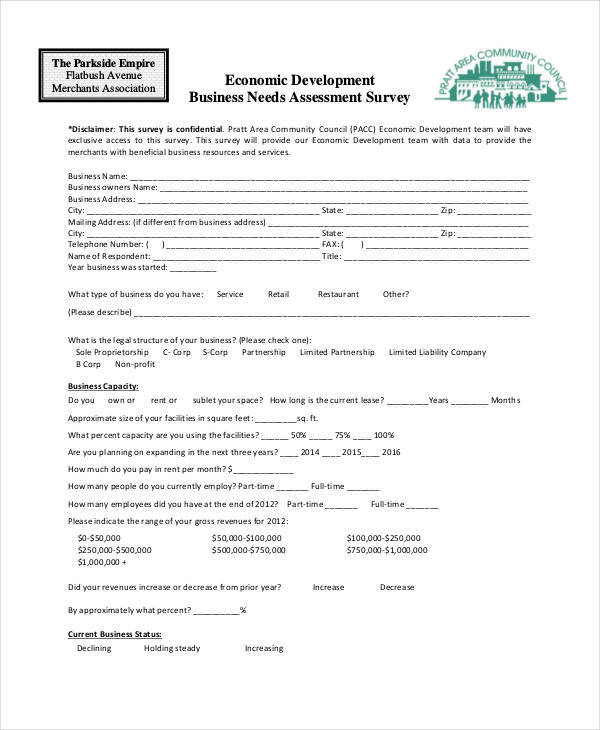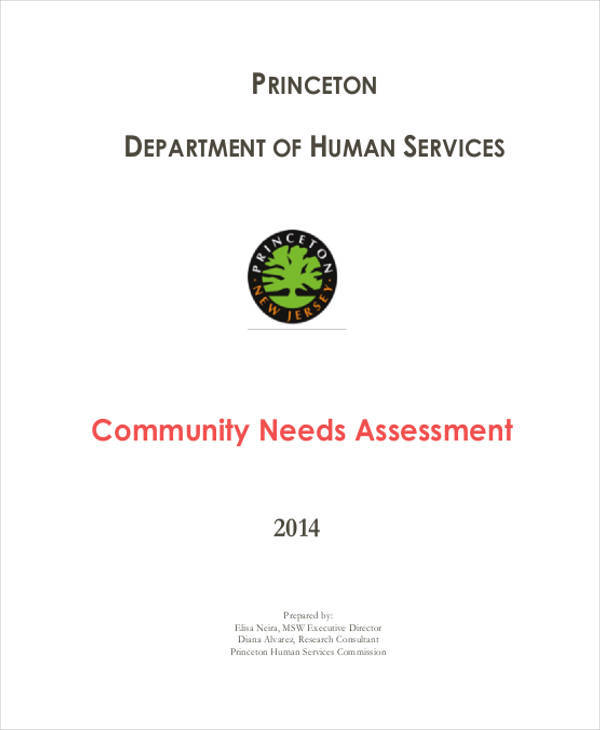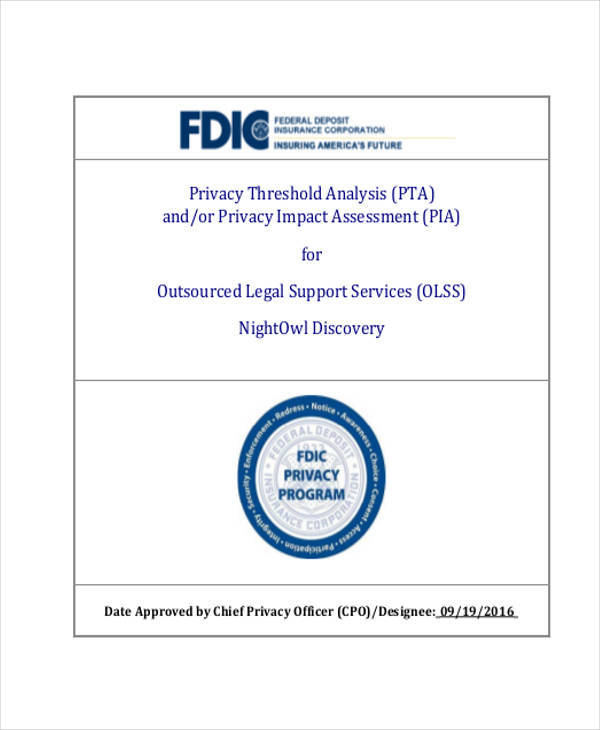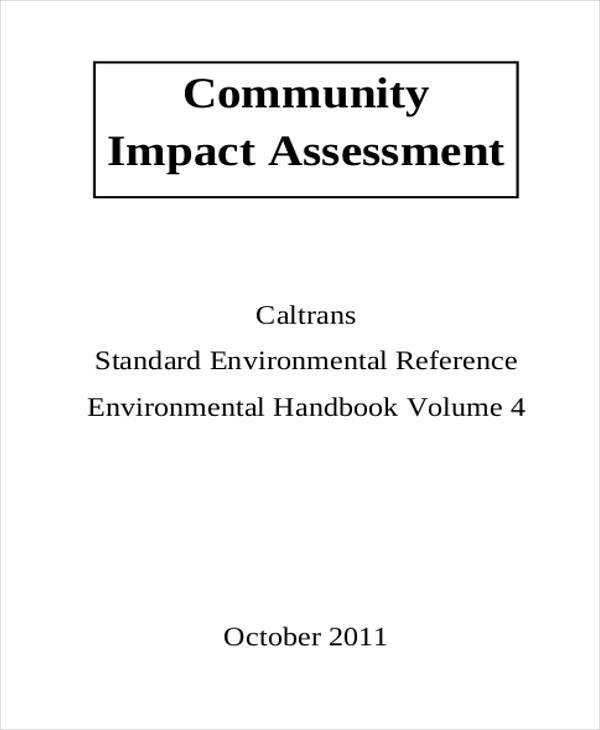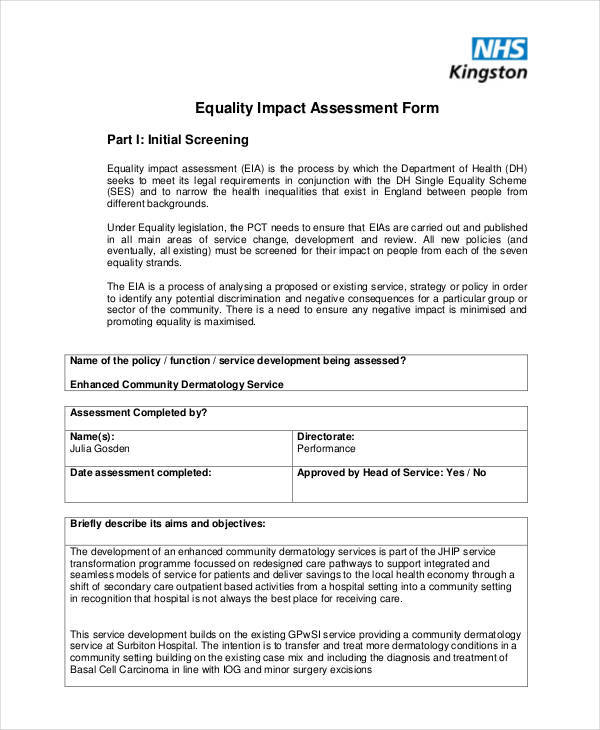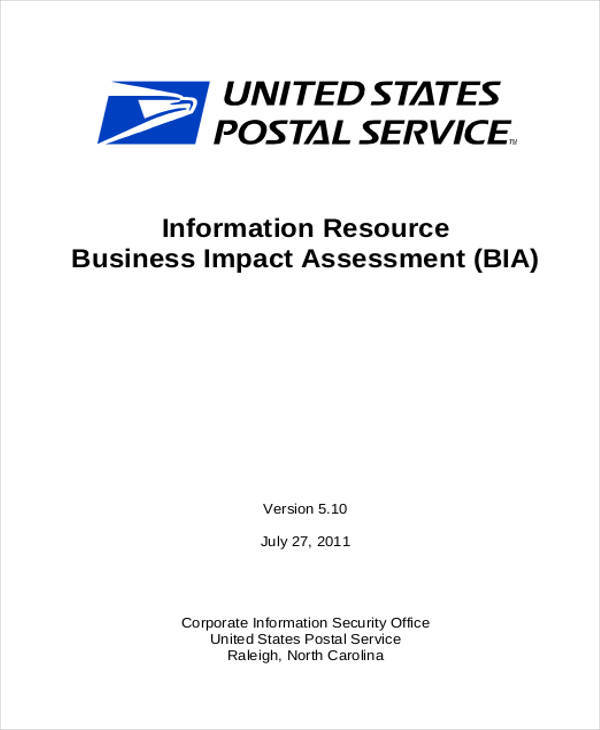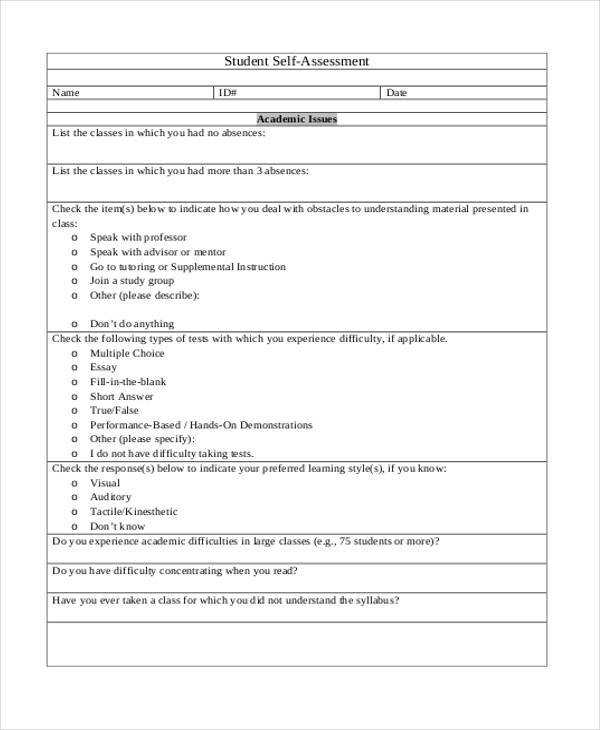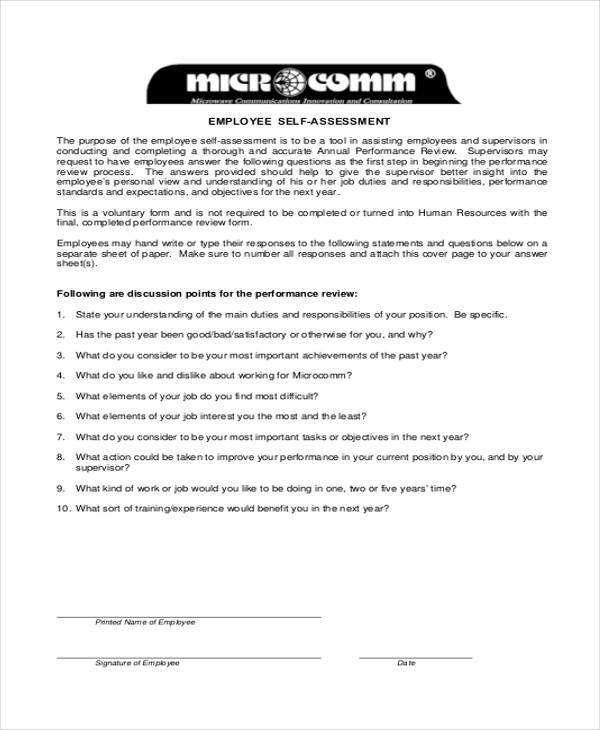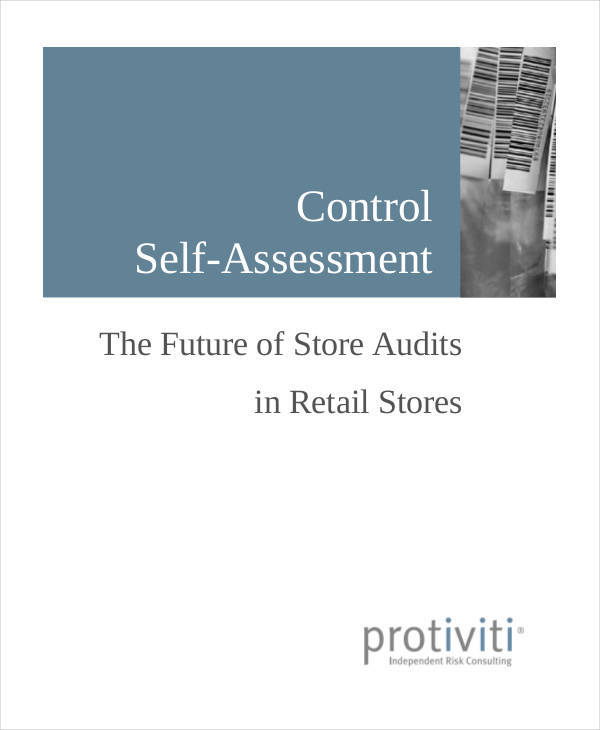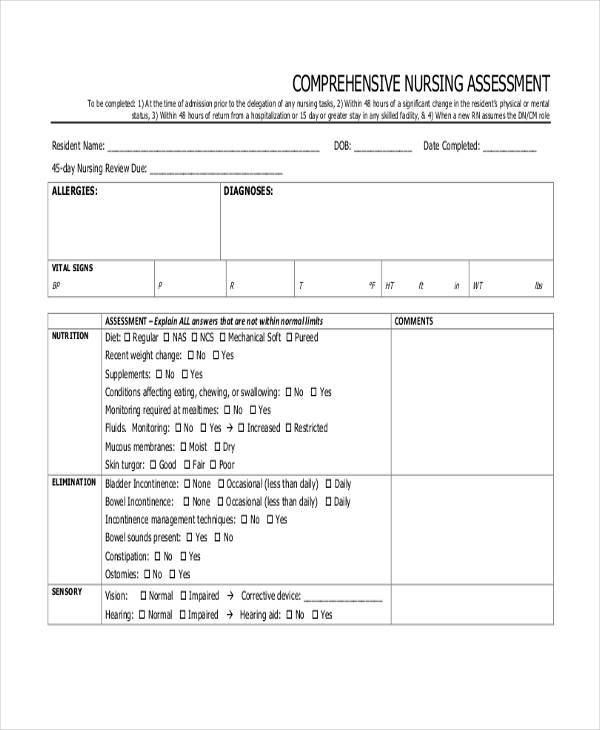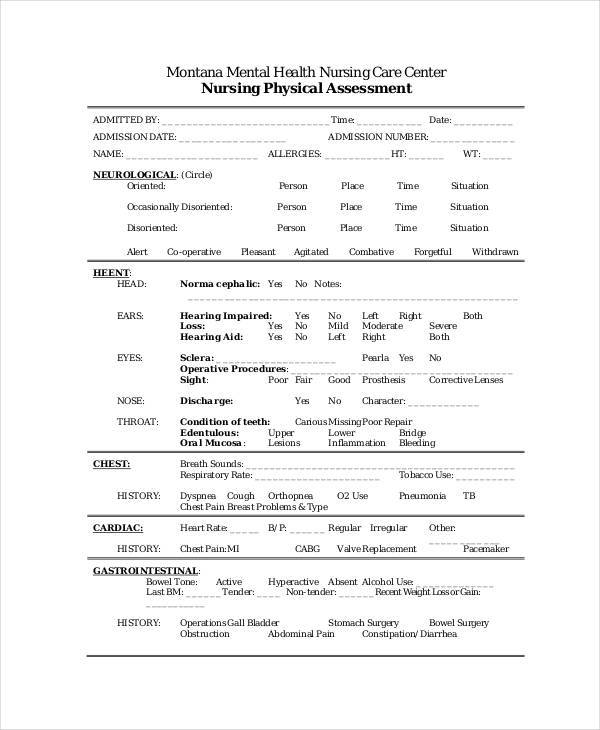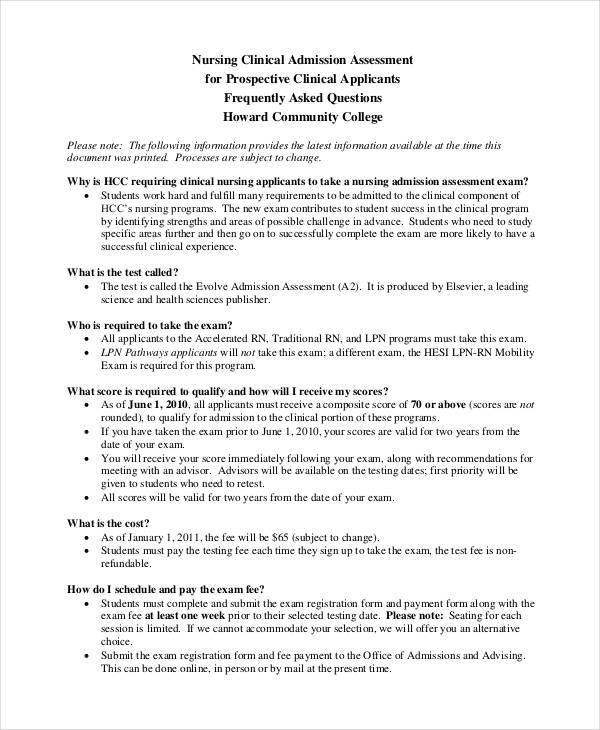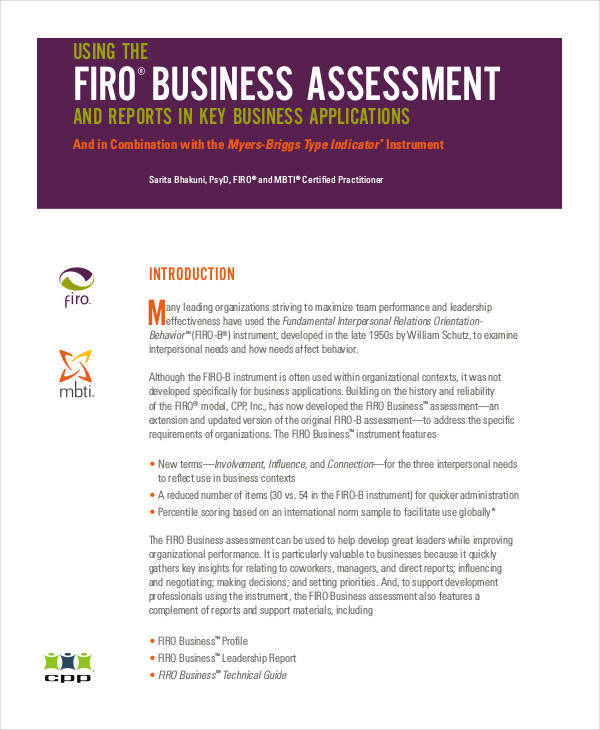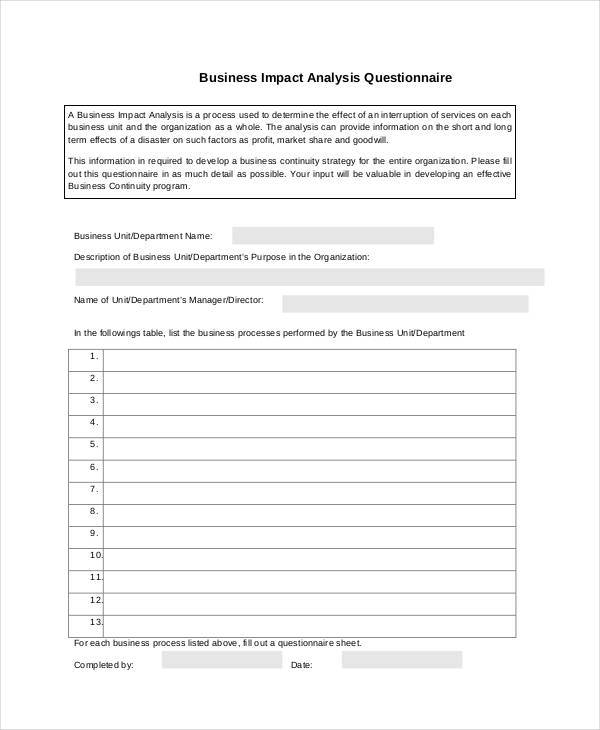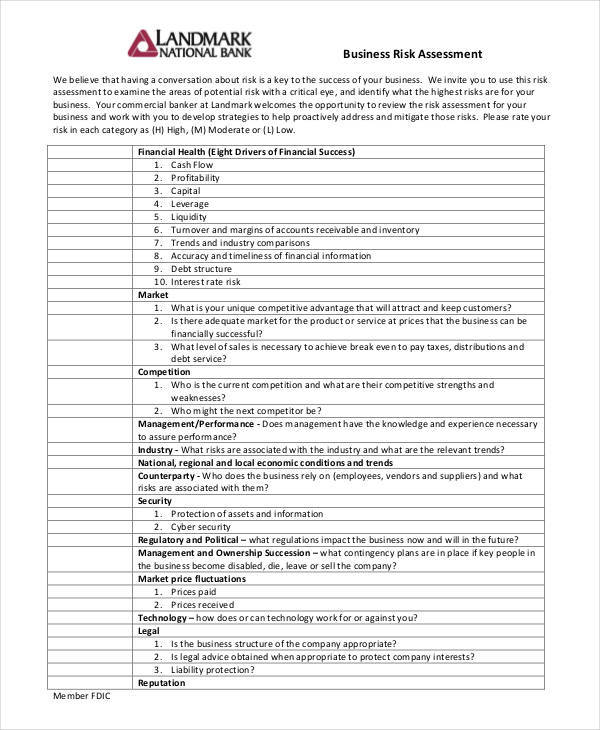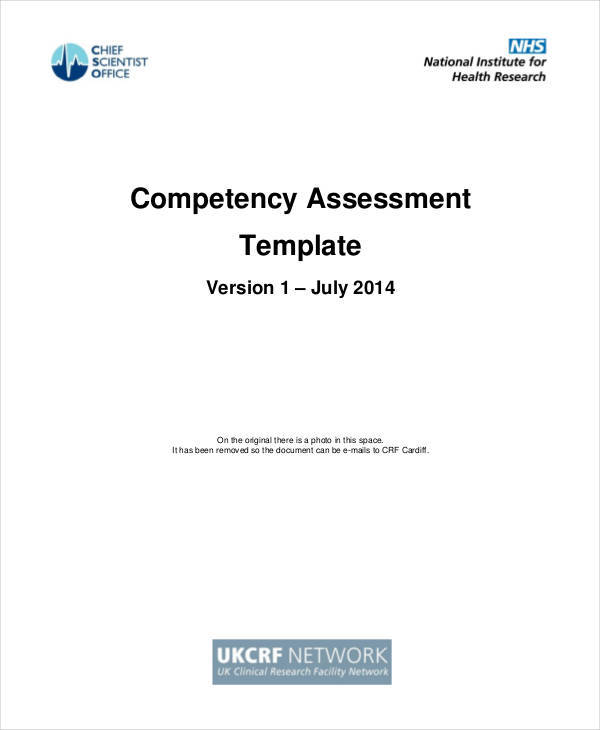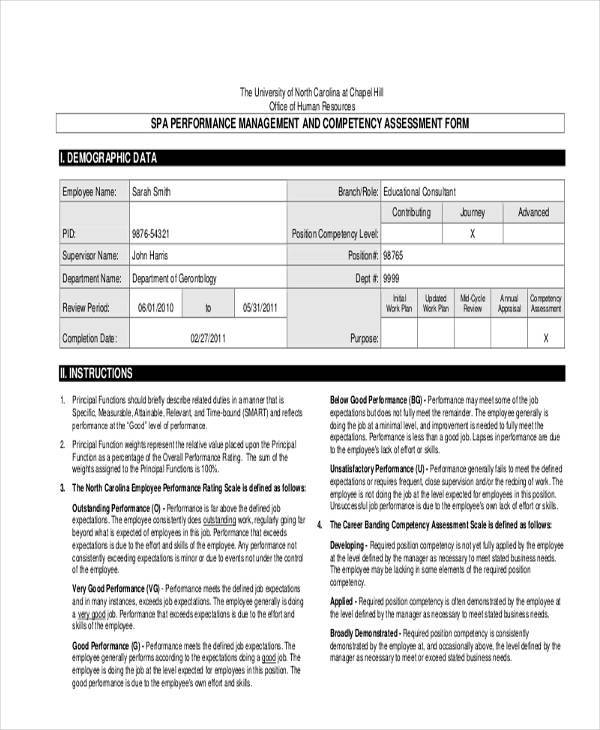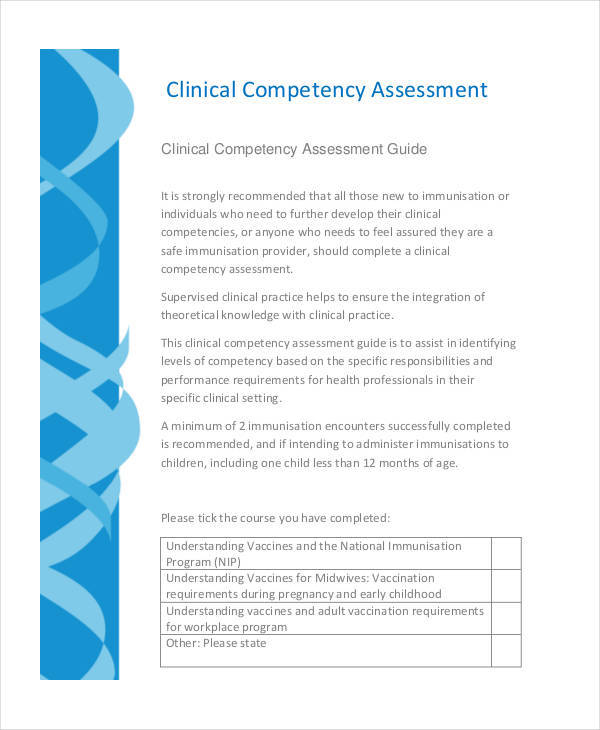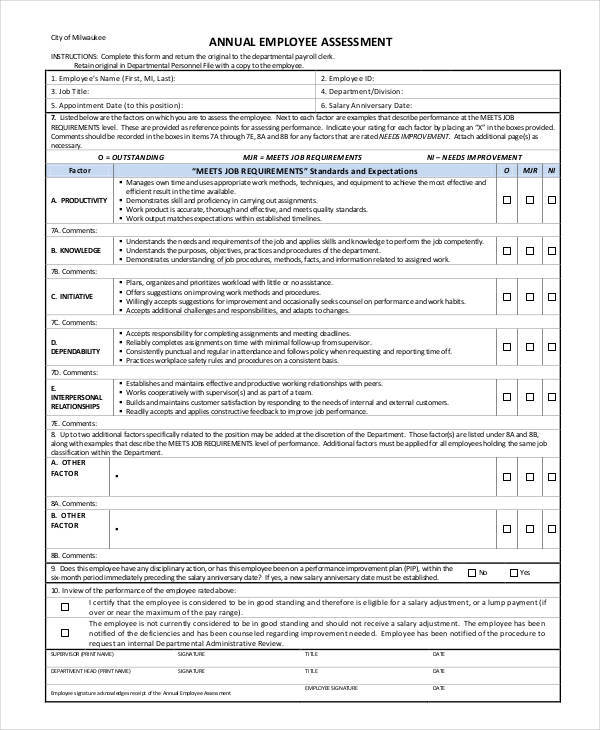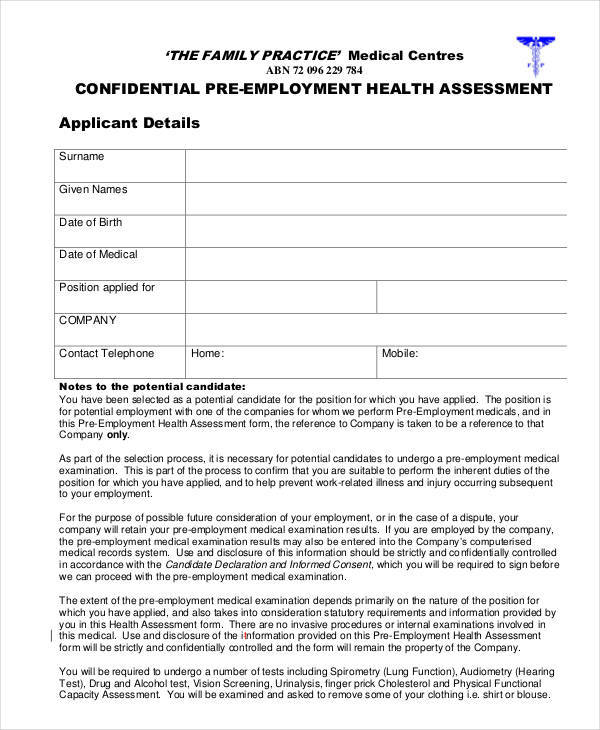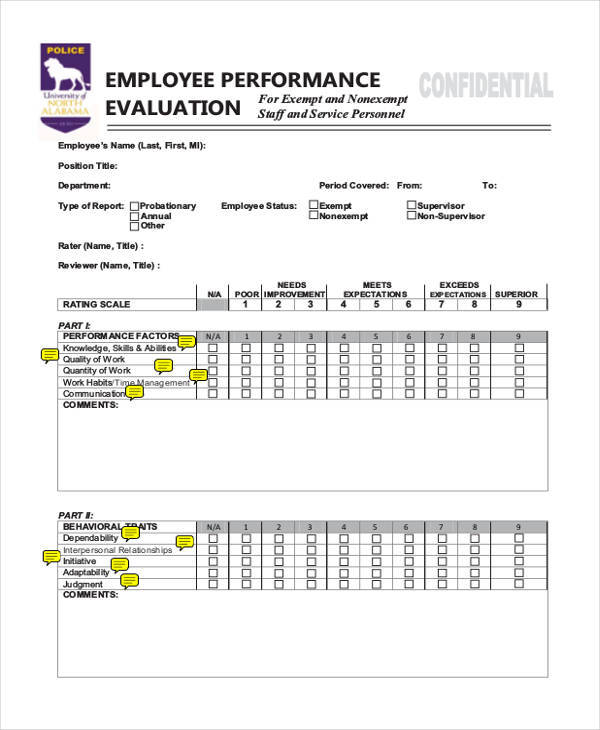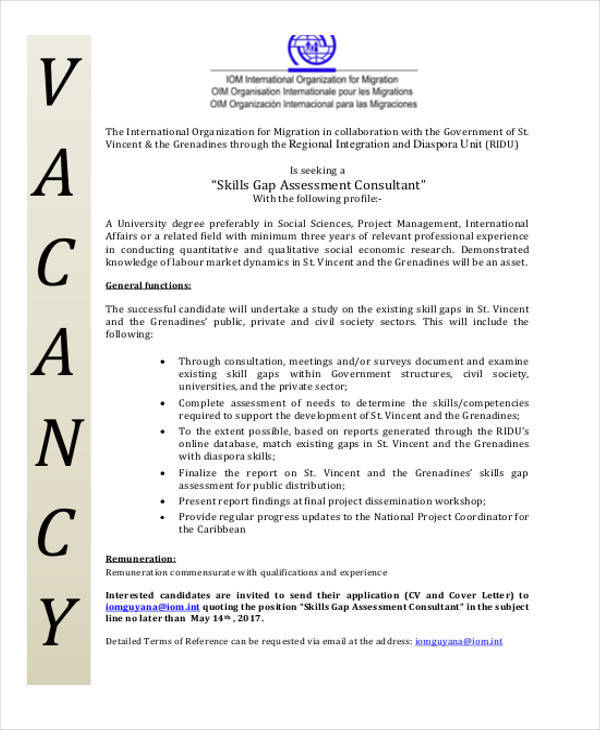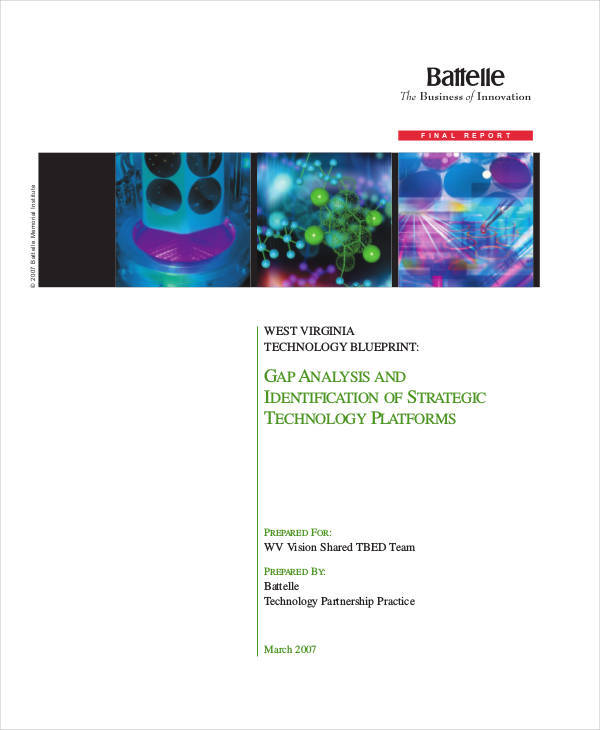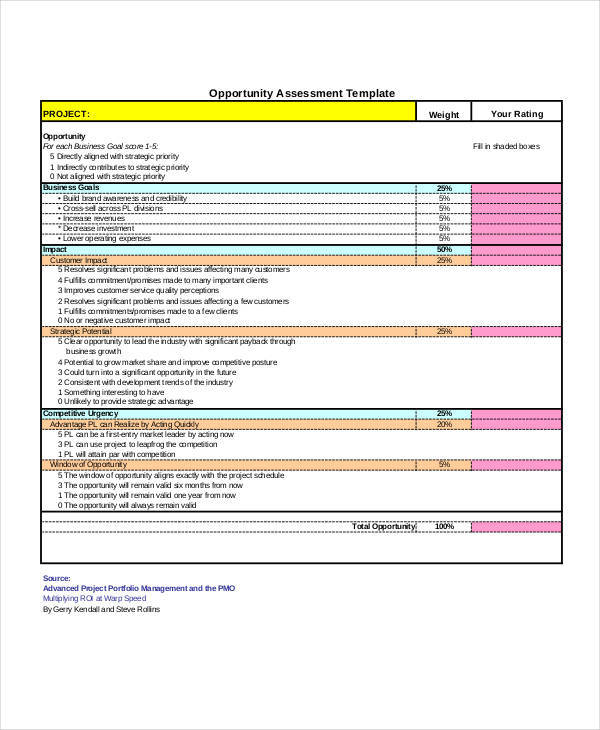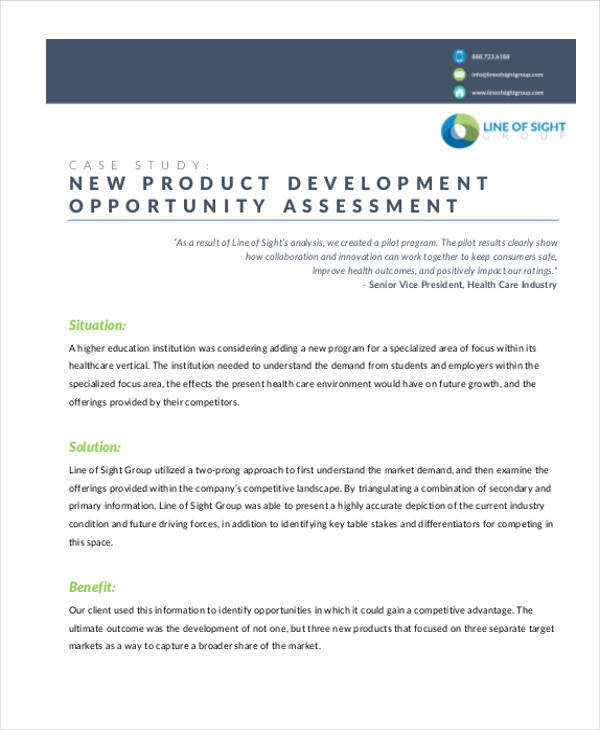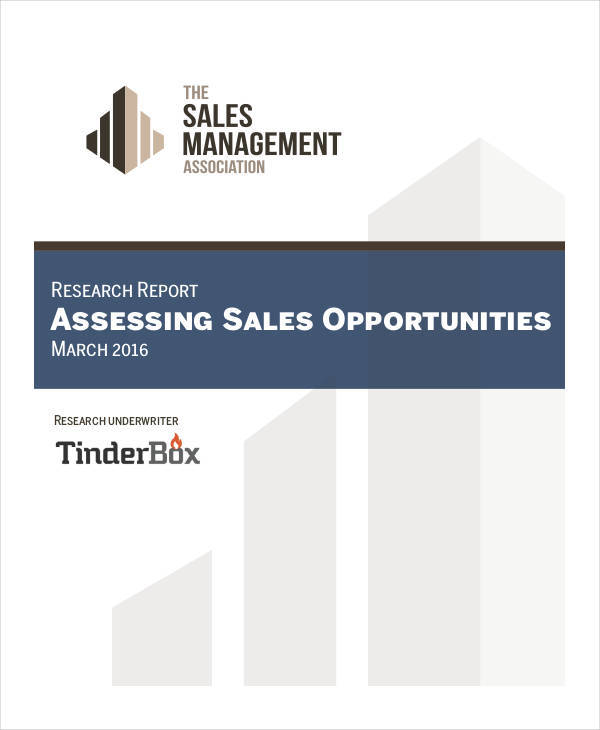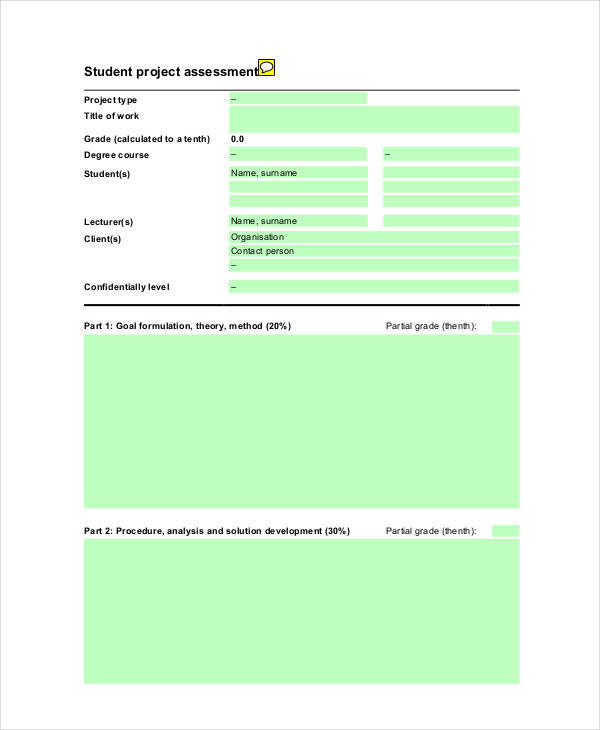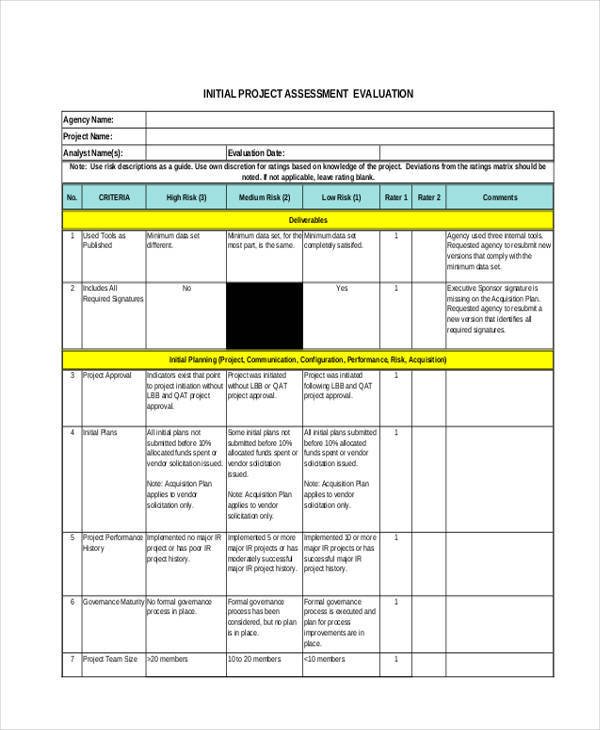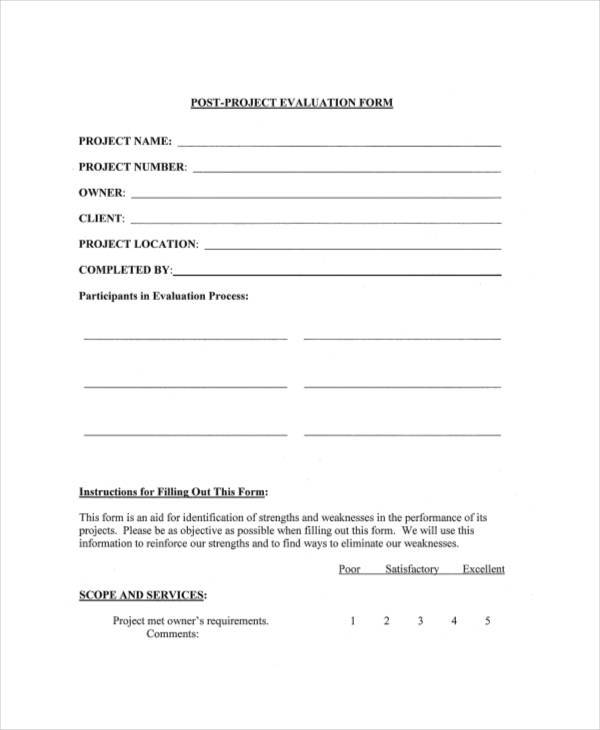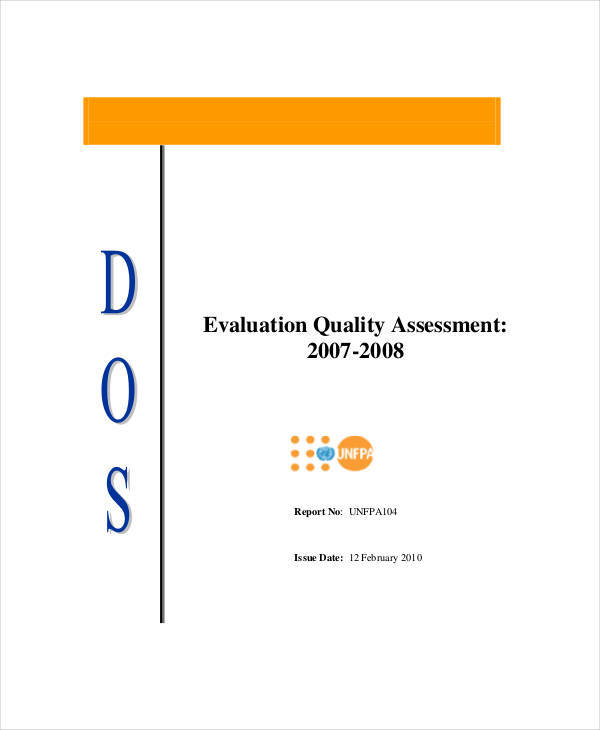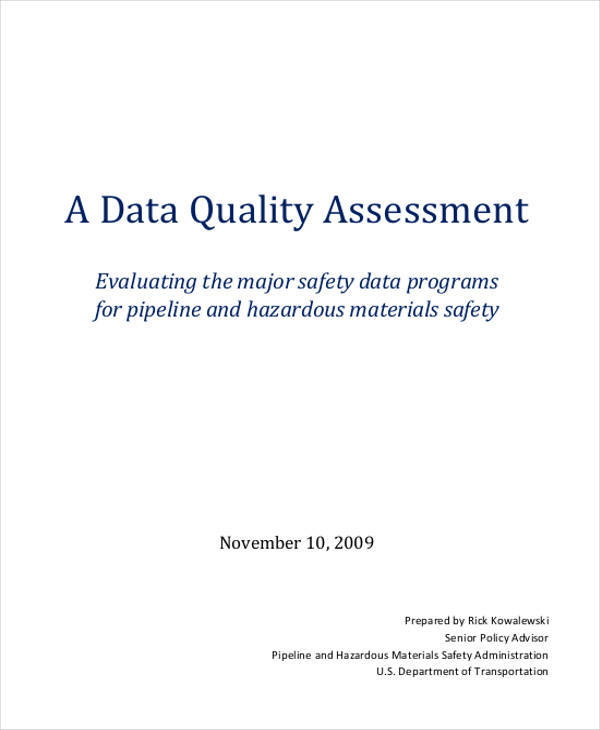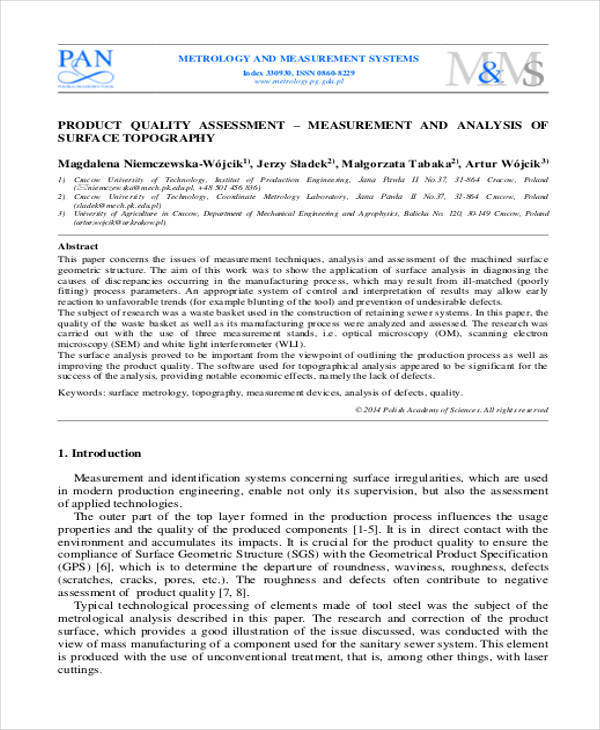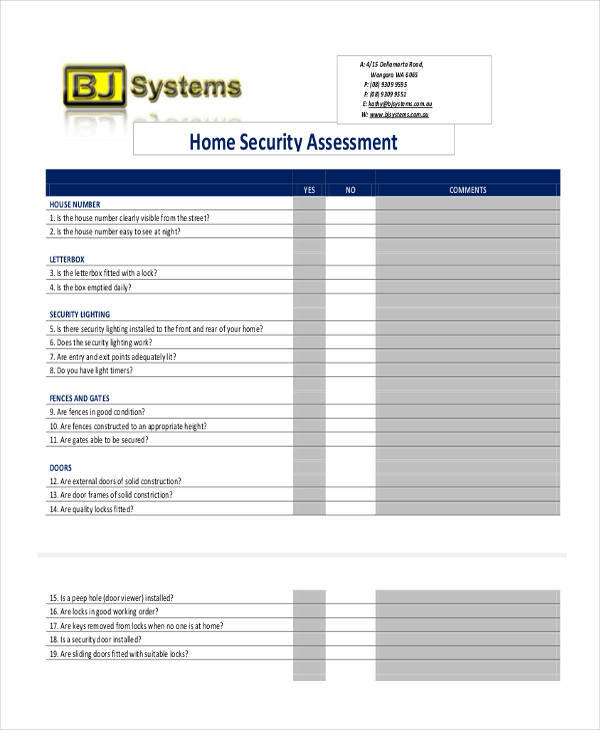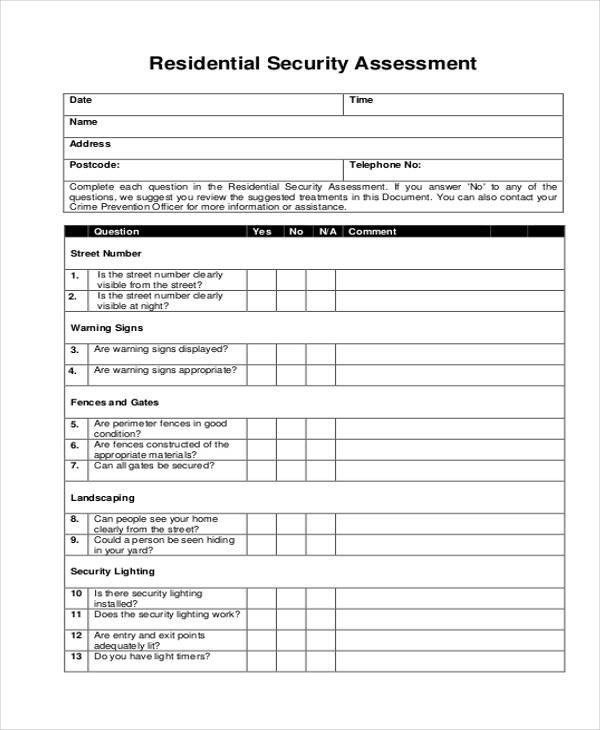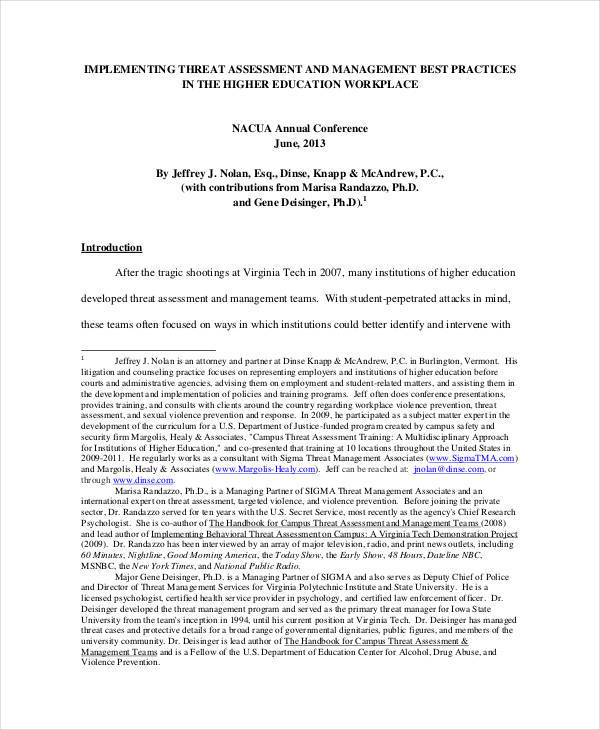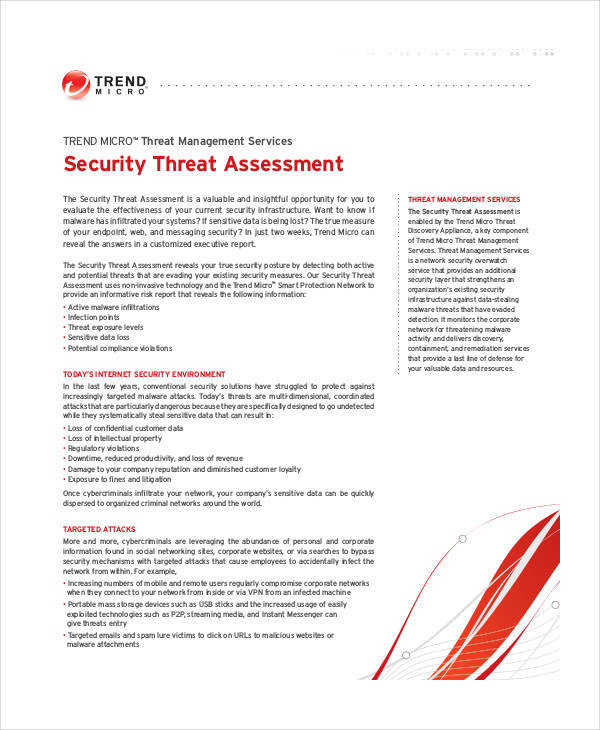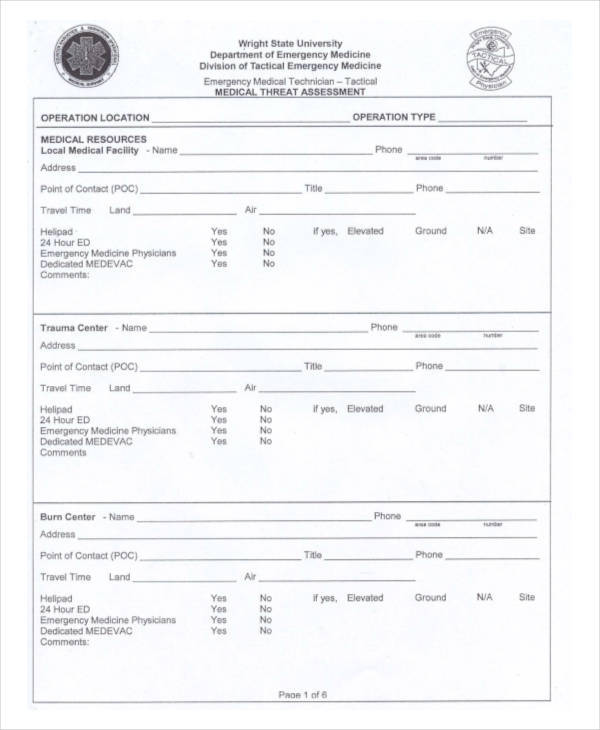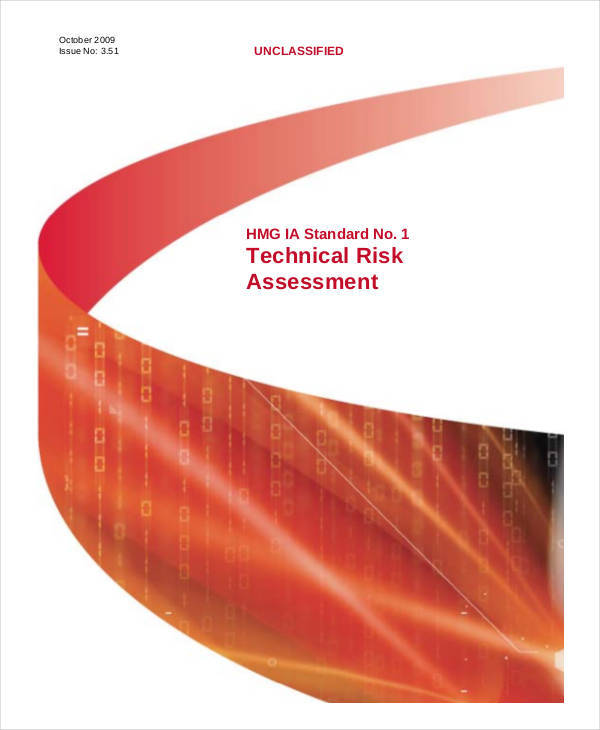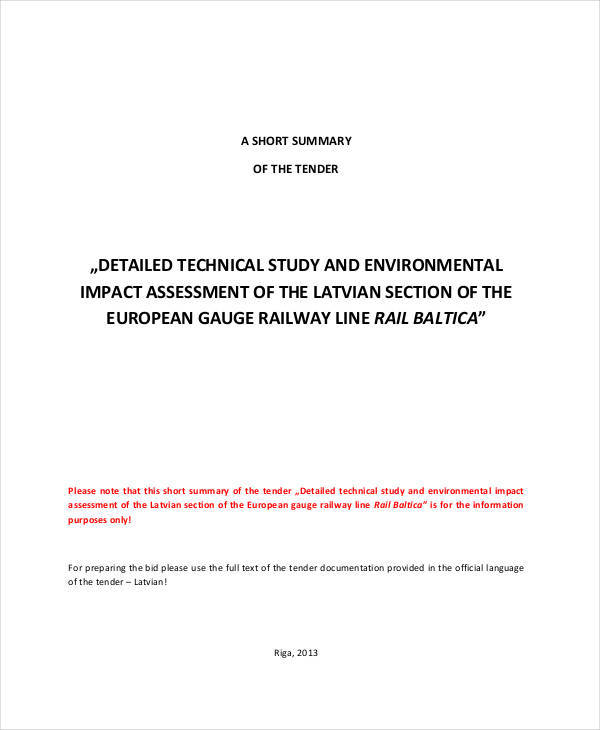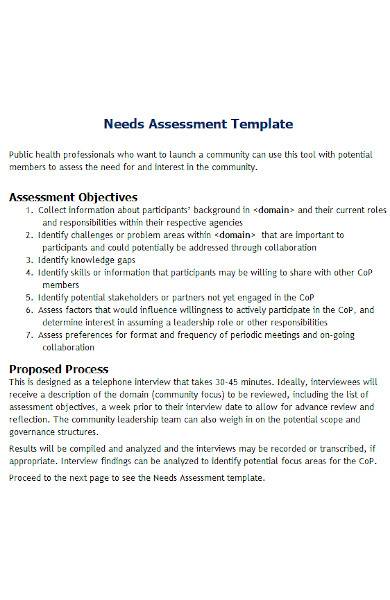An assessment is an examination or evaluation of an individual or thing to be able to determine the quality, amount, value, importance, etc. A formative assessment is one type of assessment that is useful in the teaching and learning process in order to achieve goals and is also important for improvement.
When creating an assessment form, it is important to develop assessment strategies to be able to effectively implement the methods. If you need downloadable samples and templates for your assessment, download from our selection of various forms available on this page to help you create and format your document.
Risk Assessment
Fire Risk Assessment
Project Risk Assessment
Construction Risk Assessment
Needs Assessment
Training Needs Assessment Template
Sample Nursing Needs Assessment
Business Needs Assessment
Sample Community Needs Assessment
What Is a Risk Assessment Template?
A risk assessment template is a form or document used when a risk assessment is conducted in a particular company or business. It contains a list of the risks and hazards that may happen in a company’s workplace as well as the methods and procedures to minimize or prevent these risks from affecting the company’s employees. The main goal of a risk assessment is to keep a healthy and safe working environment for the individuals working for that particular company or business. Other than a risk assessment, needs assessment examples and project assessment templates are also available for download on this page.
What Is the Purpose of Assessment?
An assessment is performed for various purposes. The purpose of conducting an assessment are as follows:
- In teaching, an assessment allows educators or teachers to identify certain aspects that a student needs to improve on.
- An assessment allows teachers to develop methods and create steps to effectively teach students.
- It helps individuals determine whether set goals and objectives have been met based on a particular standard or criteria.
- It is also useful in tracking and monitoring the progress of students or a business.
- In real estate, an assessment is important in order to determine the true value of a property or an asset.
Impact Assessment
Assessment for Privacy Impact
Community Impact Assessment
Assessment for Equality Impact
Business Impact Assessment
Self Assessment
Student Self-Assessment
Employee Self-Assessment
Sample Control Self-Assessment
Nursing Assessment
Comprehensive Nursing Assessment
Nursing Physical Sample Assessment
Nursing Admission Assessment
Tips for Writing an Assessment
An assessment is an important process especially in teaching and learning. An effective assessment will help you identify areas that need improvement as well as achieve your learning goals. This will benefit both the teacher and the student. When conducting an assessment, there are certain tips that you need to follow to ensure that your assessment form is effective. The tips for creating an assessment are as follows:
- Always provide students or learners with enough time to achieve goals and objectives.
- Proofread your assessment to ensure that errors and inaccurate information are not present in your assessment form.
- Remember to keep your assessment on point and concise.
- Constantly provide students with feedback throughout the course of the learning processes to allow them to reflect on which aspects they need improvement when performing future tasks.
- Clearly discuss the various tasks that are needed to be done to reach your objectives.
- Remember to make the necessary changes in your assessment form as you constantly progress over the course of the learning process to ensure that mistakes are addressed appropriately.
- Always create a formal assessment based on information or data gathered.
- Keep your assessment aligned with the standards in order to achieve the desired results.
- Regularly perform or conduct an assessment to track the progress of individuals and students.
- Use the several mistakes that you may encounter as learning opportunities for improvement.
- Remember to ask the right questions when creating an assessment.
To ensure that you will have an effective assessment, always remember to follow the tips mentioned above. If you need forms and samples such as an assessment sample to help you create your assessment, we have downloadable samples available on this page. Free assessment templates are also available to make it easier and more convenient for you when creating one.
Business Assessment
Free Assessment for Business
Blank Business Impact Assessment
Business Risk Sample Assessment
Competency Assessment
Single Competency Sample Assessment
Employee Competency Assessment
Clinical Competency Assessment
Employee Assessment
Annual Employee Assessment
Pre-Employment Sample Assessment
Employee Performance Assessment
Gap Assessment
Skills Gap Sample Assessment
Technology Gap Analysis
What Are the Benefits of Self-Assessment?
Performing a self-assessment can also have several benefits. Here are the benefits of conducting a self-assessment:
- A self-assessment allows individuals to reflect on his/her skills and capabilities to be able to further understand himself/ herself.
- A self-assessment enables individuals to develop their emotional and social intelligence.
- It helps individuals create a direction and become more self-aware.
- A self-assessment will make individuals function more effectively.
- Self-assessments are useful in tracking an individual’s progress and growth over time.
What Is the Difference between a Formative and a Summative Assessment?
Here are the differences between a formative and a summative assessment:
- A formative assessment refers to the steps and methods that are needed to be done in order to make improvements during an individual’s learning process while a summative assessment is the set standards used to evaluate learning.
- Unlike a formative assessment, which is used to identify certain aspects for improvement, a summative assessment evaluates the performance whether it aligns with the standards.
- A formative assessment is constantly performed to improve learning while a summative assessment is conducted after the whole duration of the learning.
Competency assessment templates and risk assessment samples are available on this site should you specifically need these types.
Opportunity Assessment
Project Opportunity Assessment
Product Opportunity Assessment
Sales Opportunity Assessment
Project Assessment
Student Project Assessment
Initial Project Assessment
Post Project Assessment
Quality Assessment
Evaluation Quality Assessment
Data Quality Sample Assessment
Product Quality Assessment
Security Assessment
Home Security Assessment
Assessment for Residential Security
Threat Assessment
Employee Threat Assessment
Security Threat Assessment
Medical Threat Assessment
Technical Assessment
Technical Risk Sample Assessment
Technical Impact Assessment
Assessment Templates in MS Word
Guidelines for Writing a Self-Assessment
Self-assessment is essential whether it is for workplace or personal purposes. It is an important tool in examining or analyzing certain aspects of an individual to determine which parts need improvement. In a workplace, a self-assessment is important for an employee to evaluate his/her own performance. There are certain guidelines needed to be followed when writing a self-assessment. You may refer to our self-assessment samples to help you format your document. The guidelines in creating one are as follows:
- Before writing a self-assessment, it is necessary to understand your purpose in creating one to be able to reflect and gather all the information that you will need to complete your assessment.
- Always reflect on major accomplishments and your contributions to the company or business.
- Remember to be specific on the details when creating a self-assessment and include essential information in order to create an effective one.
- Keep your self-assessment simple and concise.
- When doing a self-assessment, it is always important to base your evaluation on a specific set of standards or metrics.
- Make an update of your resume after you have completed a self-assessment.
- Discuss your improvements and create new goals.
- Always input accurate information in your self-assessment form, specifically your accomplishments, strengths, and weaknesses in order to have an effective assessment.
Related Posts
Feature Writing Samples
FREE 14+ Sample Music Concert Proposal Templates in MS Word | Google Docs | Pages | PDF
FREE 10+ Security Guard Contract Samples in PDF | MS Word
FREE 10+ Assurance Agreement Samples In MS Word | Google Docs | Apple Pages | PDF
FREE 10+ Option to Purchase Agreement Samples in MS Word | Apple Pages | PDF
FREE 26+ Curriculum Form Samples in MS Word | PDF
FREE 20+ Cleaning Service Proposal Samples in PDF | MS Word
FREE 29+ Sample Loan Application Form Templates in MS Word | PDF
FREE 10+ Event Venue Contract Samples in PDF | MS Word | Pages | Google Docs
FREE 10+ SBAR Samples in PDF | DOC
FREE 12+ Music Band Contract Templates in PDF | MS Word
FREE 10+ HVAC Maintenance Contract Samples in PDF | MS Word
FREE 10+ Social Media Marketing Contract Samples in MS Word | PDF
FREE 10+ Wholesale Assignment Contract Samples in PDF
FREE 18+ Financial Proposal Samples in PDF | MS Word | Google Docs | Pages

